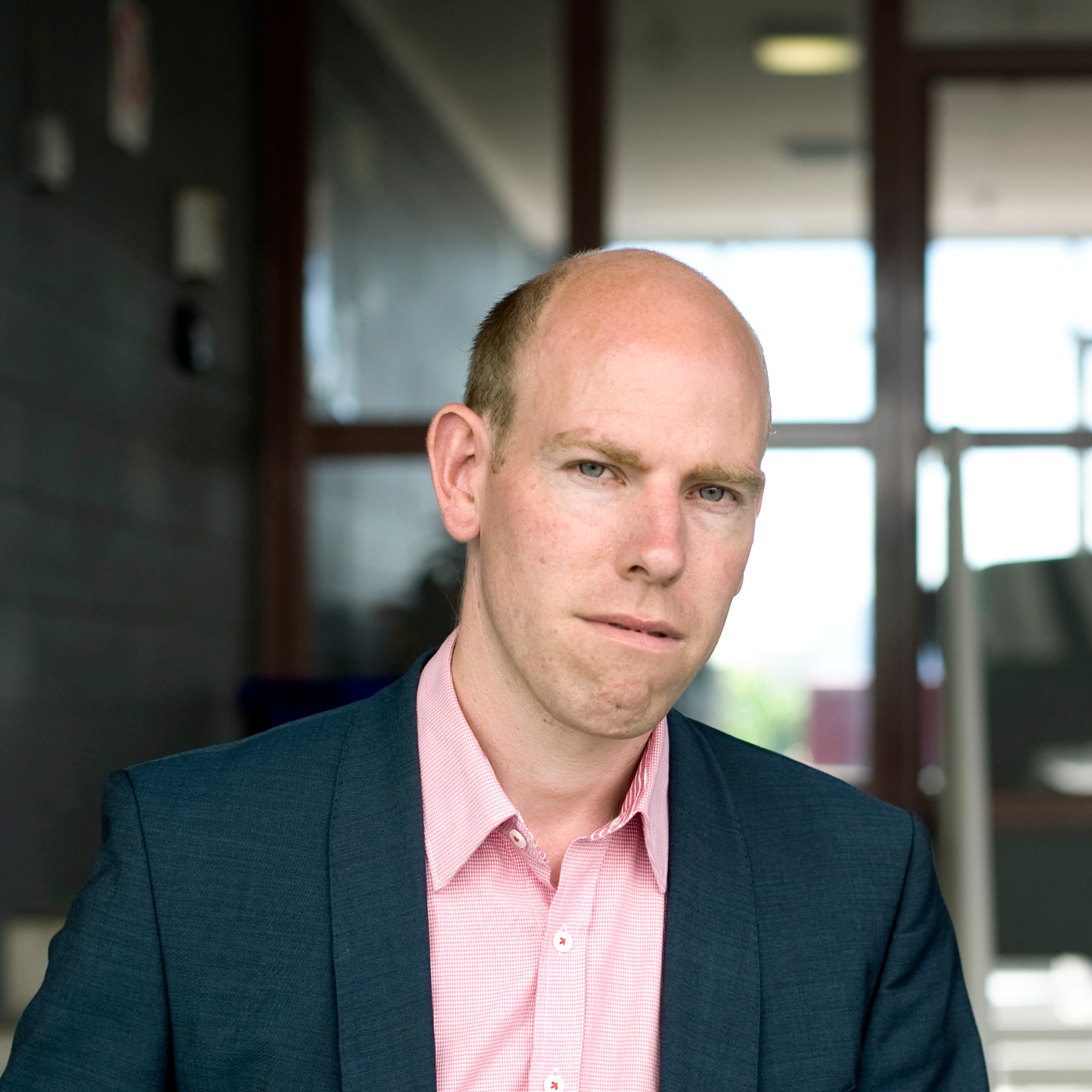Why education may be over-rated
by Max Rashbrooke
September 11,
2012
A recent paper from Britain’s Fiscal Studies journal has some sobering reading for people who think that education alone can solve the problem of how to create more opportunities and greater social mobility for all.
Looking at the UK’s massive rise in the number of people getting degrees, it points out that most of the extra people doing degrees have come from the top fifth of the population; the number of people with degrees in the bottom fifth only rose from 6% to 9%.
Second, the study shows that people with degrees have started to earn far, far more than non-qualified people in recent decades.
“Putting these two together (more education for people from richer backgrounds and an increase in the pay-off to this education) implies increasing within-generation inequality. By reinforcing already existing inequalities from the previous generation, this has hindered social mobility.”
Now, this story isn’t exactly the same in New Zealand, where the earnings gap between qualified and non-qualified people is extremely low by world standards. But the wealthiest have benefited most from the expansion of tertiary education, here as elsewhere.
This doesn’t mean that expansion was a bad idea; in fact, it was probably essential. But, as with many things, it has been badly handled; and – unsurprisingly – this investment in opportunity has failed to help many of the families it was designed to assist. We have instead a self-reinforcing educational elite, what Colin James calls a privileged group or class, bequeathing their educational advantage to their children.
That’s not to say that education is never a vehicle for opportunity and mobility. Of course it sometimes is. But only if you do it right – and just increasing the number of university places is not doing it right.
Max Rashbrooke is a journalist and author working in Wellington, New Zealand, where he writes about politics, finance and social issues. Sign up to Max's mailing list.



 Binoy Kampmark: The Strawman Of Antisemitism - Banning Protests Against Israel Down Under
Binoy Kampmark: The Strawman Of Antisemitism - Banning Protests Against Israel Down Under Gordon Campbell: On The Coalition’s Empty Gestures, And Abortion Refusal As The New Slavery
Gordon Campbell: On The Coalition’s Empty Gestures, And Abortion Refusal As The New Slavery Keith Rankin: Judaism, Antisemitism, And Israel
Keith Rankin: Judaism, Antisemitism, And Israel Ian Powell: Haka, Hikoi And The Empowerment Of The Kohanga Generation
Ian Powell: Haka, Hikoi And The Empowerment Of The Kohanga Generation Binoy Kampmark: Feeding Chaos - Israel Cripples Syria’s Defence
Binoy Kampmark: Feeding Chaos - Israel Cripples Syria’s Defence The Conversation: News Bargaining Incentive:
The Conversation: News Bargaining Incentive: